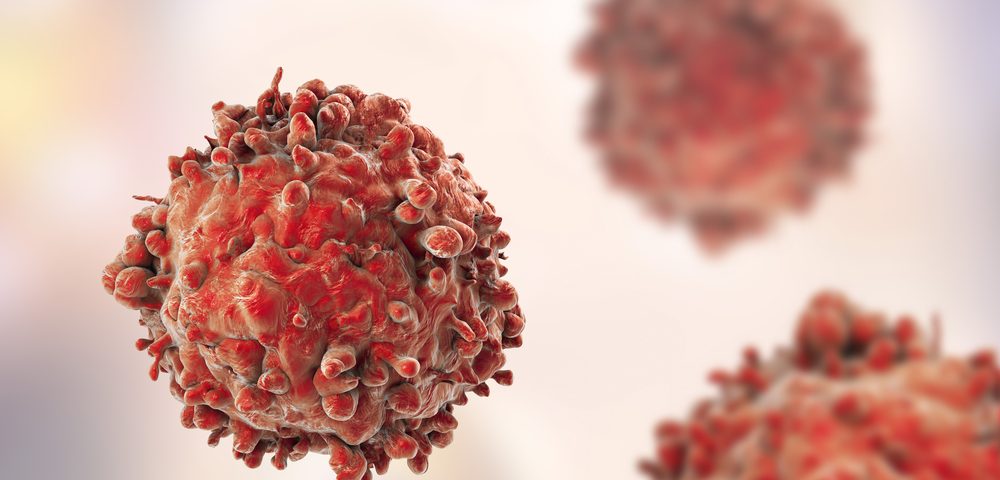The immuno-oncology company Agenus has launched a cell therapy subsidiary company, AgenTus Therapeutics, to advance new “living drugs,” or cell therapies, for people with cancer.
AgenTus Therapeutics will use naturally-derived and engineered receptors, specifically T-cell receptors (TCRs) and chimeric antigen receptors (CARs), designed to empower the human immune system to seek out and eliminate cancer cells.
In these treatments, a cancer patient’s immune cells are removed, re-engineered in the lab to better recognize cancer cells, then reintroduced back into the body to strengthen the patient’s own immune system against cancer.
While most adoptive cell therapies, like CAR or TCR therapies, use a patient’s own immune cells, the company is also hoping to develop “off-the-shelf” living therapies.
AgenTus’ new chief executive officer, Bruno Lucidi, brings more than three decades of experience in the pharmaceutical, biotechnology, and financial industries to the company.
“AgenTus seeks to develop first-in-class adoptive cell therapies utilizing its proprietary TCRs to treat cancer,” Lucidi said in a press release. “We understand the mechanisms of our cell therapies in great molecular and biochemical detail, thanks to the outstanding scientific work by our Agenus colleagues to date. We expect our differentiated approach to have key competitive advantages.”
AgenTus will have access to the science and capabilities of Agenus, which gives the new biotech a competitive advantage, said Agenus CEO Garo Armen, PhD.
Current pipeline assets will be designed for the potential use as single agents or as part of a combined regimen in both solid tumors and blood cancers.
“The goal of our technology is to ultimately enable AgenTus to develop living drugs in practical, off-the-shelf cell formats,” Lucidi said. “These living drugs are designed to be scalable, straightforward to administer, and are expected to target both solid tumors and cancers of the blood.”
Agenus’ Phase 1 clinical trial (NCT02992977) is currently ongoing to evaluate the cancer vaccine AutoSynVax (ASV) in combination with QS-21 Stimulon in patients with advanced cancer who have a life expectancy of six months or more. QS-21 Stimulon is an adjuvant therapy designed to enhance the way ASV works. It strengthens and broadens immune responses to ASV’s specific targets.
ASV is specifically tailored for each patient based on their tumor profile. The vaccine generates strong immune responses against cancer proteins, based on complex bioinformatic algorithms that assess a patient’s genome to detect which mutated proteins the immune system is most likely to attack. The vaccine identifies these proteins and triggers the activation of T-cells specific to the tumor proteins.
Preclinical-trial data presented at the American Association for Cancer Research (AACR) 2017 Annual Meeting suggests that ASV controls tumor growth and produces lasting immune memory in mouse models of cancer.


